BOSTON—State Senator Jason Lewis and State Representatives Kate Lipper-Garabedian and Tommy Vitolo announced that they will be filing a new bill in the 2025-26 legislative session to generationally phase out the legal sale of all nicotine and tobacco products in Massachusetts. This would replace the current age-based eligibility system with a requirement to be born before a specific date.
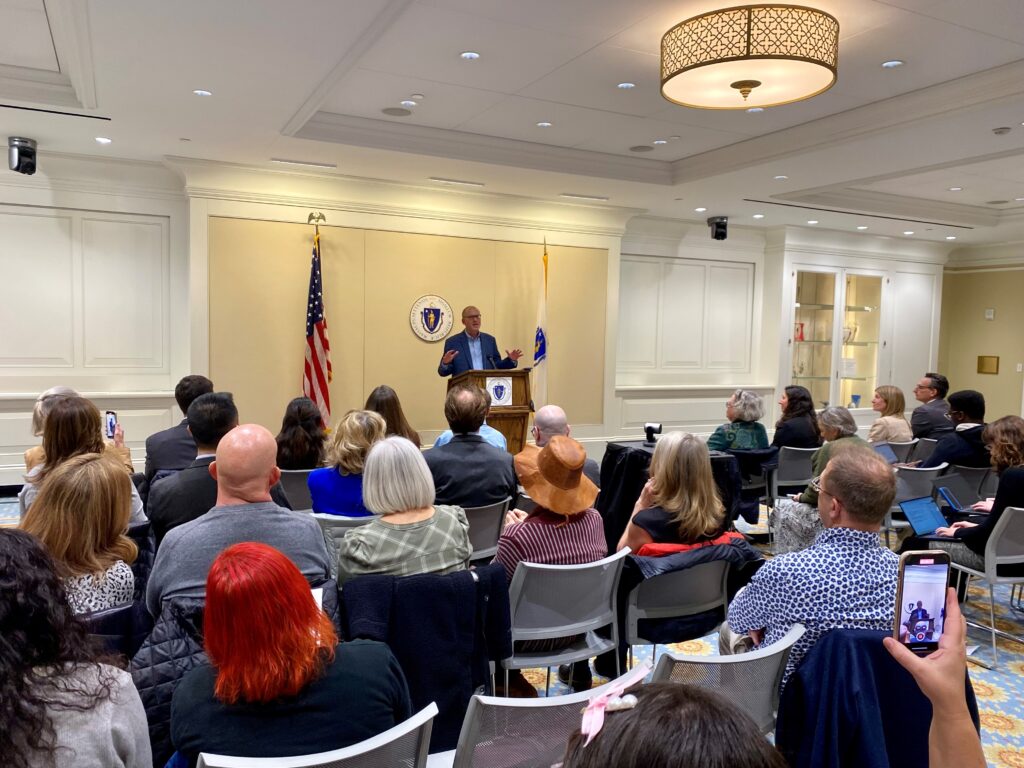
Nicotine and tobacco products are highly addictive and the use of these products increases the risk of lung cancer, heart disease, stroke, and other illnesses. Hundreds of thousands of Americans die from smoking-attributable causes each year, and smoking continues to be the leading cause of preventable disease and death in the United States.
The staggering economic cost of smoking in the U.S. is an estimated $300 billion annually through a combination of healthcare costs and loss of productivity, straining the healthcare system and the economy as a whole.
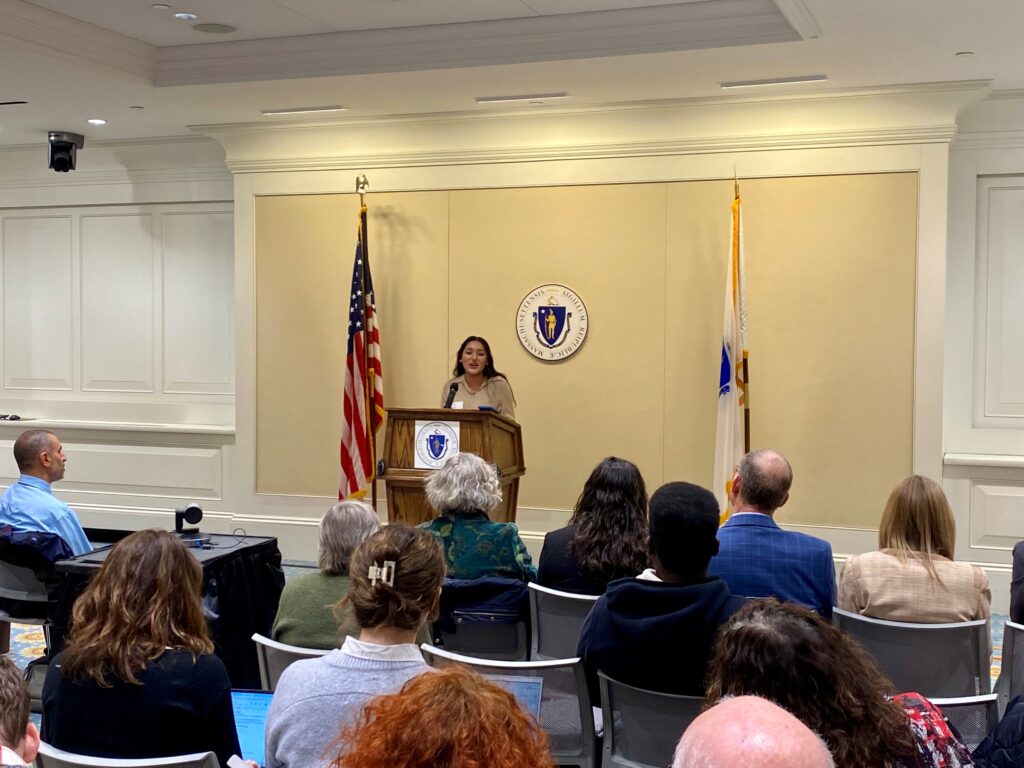
While nicotine use by youth is decreasing, 2.25 million middle and high school students reported current use of tobacco products in 2024 according to the U.S. Centers for Disease Control and Prevention (CDC). Restricting youth access to nicotine and tobacco products is critical to reducing overall usage and preventing the next generation from becoming addicted to these products. Roughly 9 in 10 adults who smoke daily first tried smoking by age 18.
The Massachusetts Legislature banned the sale of all flavored tobacco products in 2019, in part to reduce youth interest in nicotine and tobacco products. This bill would go further by gradually phasing out all sales of nicotine and tobacco products.
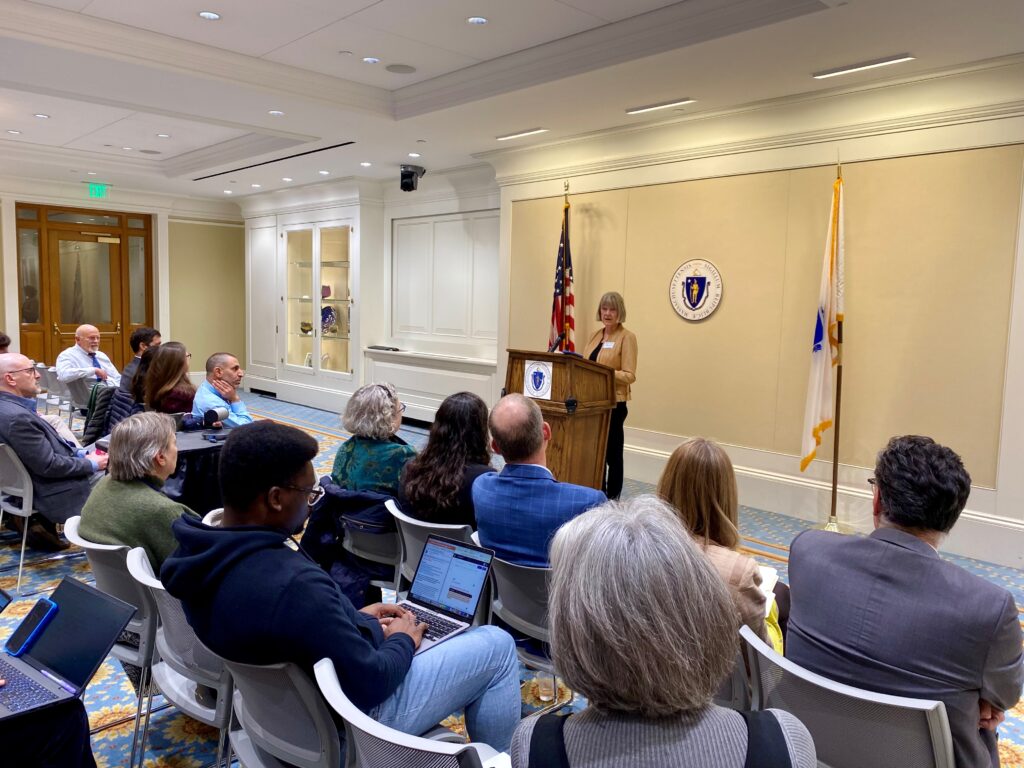
This bill will not take away the right to purchase nicotine and tobacco products from anyone who is already legally able to do so. Should this bill be signed into law, young people who are not currently old enough to legally purchase nicotine and tobacco products will never be lawfully able to purchase these products in Massachusetts, thereby creating no more new users. The Nicotine-Free Generation (NFG) bill recognizes the addictive nature of nicotine and tobacco products and will not impact those adults who are current consumers of these products. Rather, this legislation will protect future generations from nicotine addiction and the resulting health harms.
In 2021, the town of Brookline became the first municipality in the nation to pass a bylaw prohibiting the sale of all nicotine products to individuals born after January 1, 2000. Challenged by several local retailers, the bylaw was ultimately upheld by the Supreme Judicial Court of Massachusetts. Following Brookline’s example, Concord, Malden, Manchester-by-the-Sea, Melrose, Reading, Stoneham, Wakefield, and Winchester subsequently passed similar bylaws.
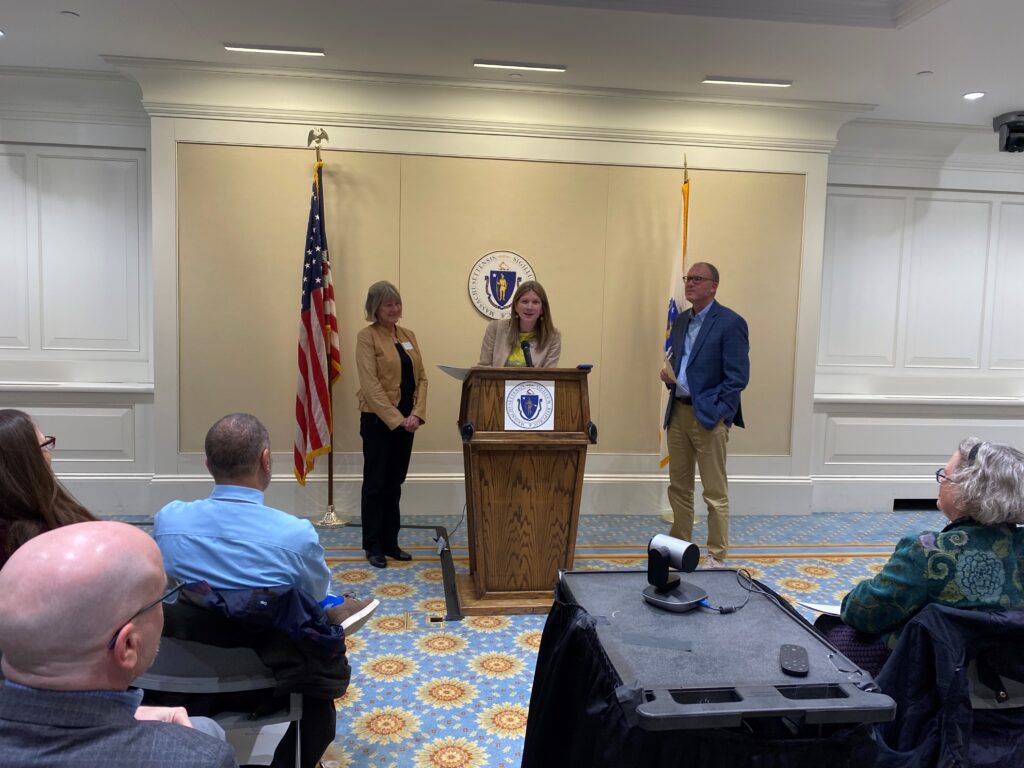
Senator Lewis and Representatives Lipper-Garabedian and Vitolo recently hosted an event at the State House recognizing many of the advocates and public health professionals involved in passing and implementing these policies in their communities.
“We all know the devastating health effects of nicotine and tobacco products, especially on our youth who are targeted by Big Tobacco,” said State Senator Jason Lewis. “This bill will save countless lives and create a healthier world for the next generation. I’m so proud that all six communities in my district have already enacted Nicotine-Free Generation policies at the local level, and I will fight to make this a statewide policy.”
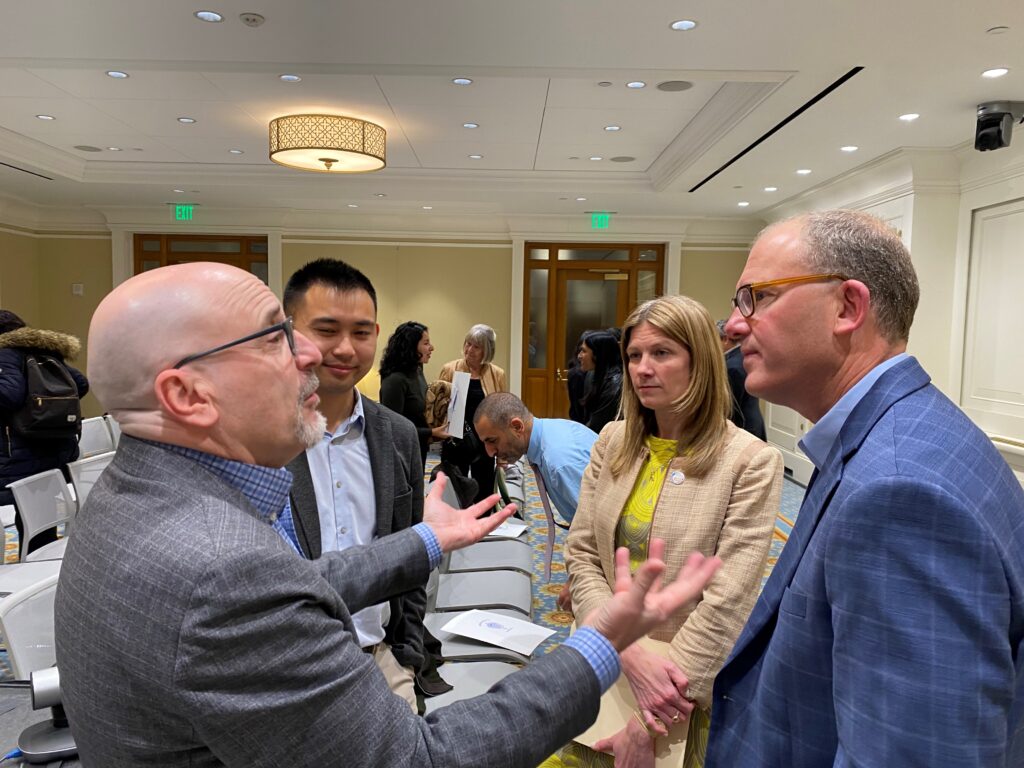
“Tobacco and nicotine use poses extreme health threats to people of all ages and particularly our youth,” said State Representative Kate Lipper-Garabedian. “I was proud to see all three communities in the 32nd Middlesex District pass Nicotine-Free Generation policies. Inspired by my local leaders, I’m glad to partner with Senator Lewis and Representative Vitolo to file state-level legislation to end the cycle of nicotine addiction and ensure our young people are protected from harmful products.”
“America has allowed nicotine products like cigarettes to be sold for generations. These lawful products are so addictive that it would be unfair to take them away from long-time users. And, because they are so addictive, it would be unfair to allow those currently too young to lawfully purchase these products to ever do so. This legislation treats everyone fairly. Those who are not old enough now to obtain nicotine products will never be old enough to buy them in Massachusetts. Those who are old enough today will always be old enough,” said State Representative Tommy Vitolo. “This problem is going to take a generation to solve, and with this legislation we can solve it, one day at a time.”
